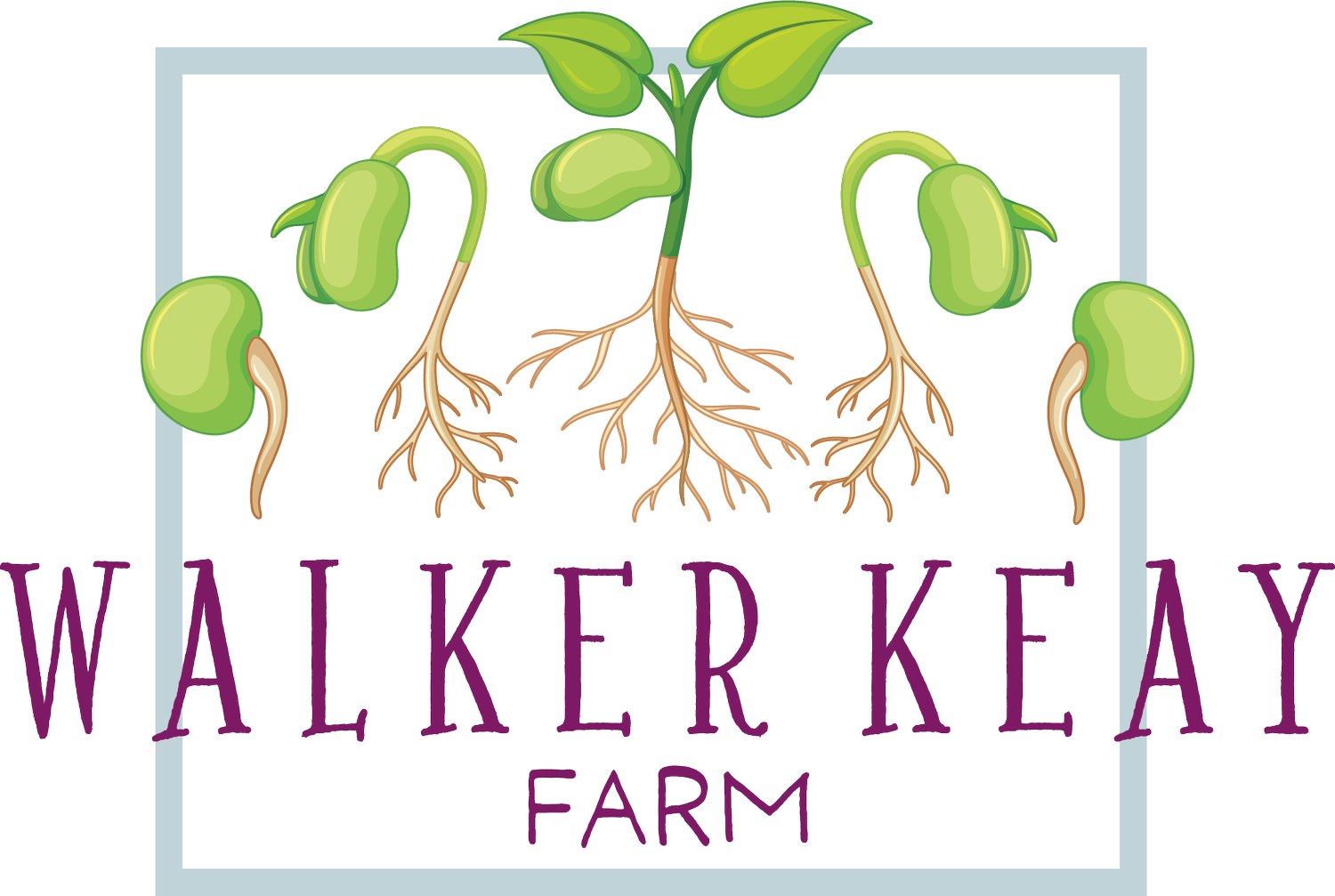-
Regenerative agriculture is a holistic approach to farming that focuses on restoring and enhancing the health of the soil, ecosystem, and biodiversity. Unlike conventional farming, which often relies on synthetic fertilizers, pesticides, and tillage, regenerative agriculture employs practices such as no-till farming, cover cropping, and rotational grazing. These practices aim to improve soil health, increase carbon sequestration, and promote sustainable, long-term productivity.
-
No-till farming helps preserve soil structure, reduce erosion, and enhance water retention. It also promotes the growth of beneficial soil microorganisms. No-spray practices eliminate the use of synthetic herbicides and pesticides, fostering a healthier ecosystem for pollinators like bees and other beneficial insects. These practices together help create a more sustainable and resilient farming system that supports long-term soil health and biodiversity.
-
Regenerative agriculture positively impacts local ecosystems by improving soil health, increasing biodiversity, and reducing pollution from synthetic chemicals. For communities in Eliot, ME, this can lead to healthier food options, cleaner water sources, and enhanced resilience against climate change. Additionally, supporting local regenerative farms can boost the local economy and create a stronger sense of community.
-
Item descripYes, there are local farms in Eliot, ME that practice regenerative agriculture. One notable example is Walker Keay Farm, which has consistently employed regenerative, no-till, and no-spray methods to grow vegetables. These farms are committed to sustainable practices that benefit the environment and the local community.tion
-
Residents of Eliot, ME can support regenerative agriculture by purchasing produce and products from local regenerative farms, participating in community-supported agriculture (CSA) programs, and advocating for policies that promote sustainable farming practices. Additionally, they can educate themselves and others about the benefits of regenerative agriculture and get involved in local initiatives aimed at promoting sustainable food systems.






